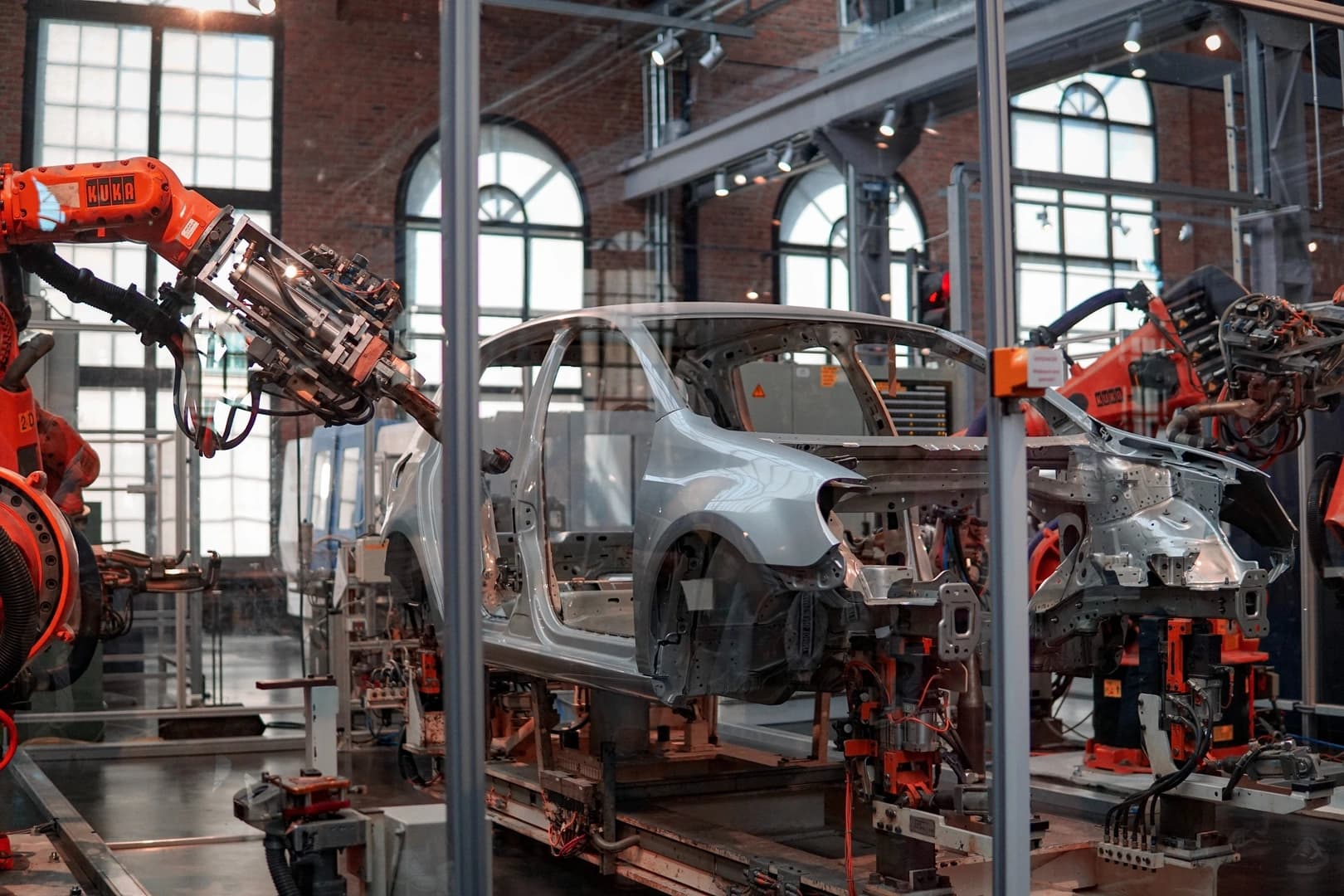Industrial property market shaped by shorter supply chains and lower carbon footprint

Jakub Holec, 108 AGENCY’s director, says that there are two key drivers behind the upturn in manufacturing companies’ operations. The first is a clear effort by businesses to shorten their supply chains, primarily in response to high shipping costs and the shaky manufacturing and economic situation in China, as evidenced, for example, by automotive chips. “This decentralisation, i.e. the bringing of production closer to the end customer, is associated with companies’ efforts to minimise the carbon footprint of their products. This is an increasingly important consideration not only for consumers, but also for financing banks,” explains Jakub Holec.
Despite this rise in demand among manufacturing – and especially tech – companies, the vacancy rate rose from April to June and currently stands at around 2.3%, when shell and core space is included. And with more than 700,000 sq m of modern industrial premises set for completion and delivery to the market in the second half of the year, that indicator could pass the 3% mark by the end of this year. “It’s been a fair while since we’ve had this much empty space. Still, it’s worth bearing in mind that a vacancy rate of between four and six per cent is thought to be healthy,” says Matěj Indra, head of industrial and logistics property leasing at 108 AGENCY, who believes that the slight drop in demand among tenants is no deterrent to development.
The shift in the level of supply is best illustrated by the situation in Prague and the Central Bohemian Region. For the last two years, it has been virtually impossible to find a vacant industrial building (new or old) to let in this region. Now, however, it is in this part of the country that most of the vacant space can be found, although this can be explained in part by the fact that a good third of the 11.5 million sq m of the Czech Republic’s modern industrial premises are located here.
At the other end of the scale are the South Bohemian, Zlín and Vysočina Regions, where supply is at a premium. Almost 7.5 million sq m of projects are currently in the pipeline or under construction. According to 108 AGENCY’s tracking, projects covering 1.1 million sq m are actively being built. The most ambitious plans for new construction in the context of existing supply are in the Liberec, Karlovy Vary and Ústí nad Labem Regions.
In the face of waning demand, the extensive construction that is going on and developers’ expansive plans create opportunities for concessions towards tenants. The same can be said of industrial properties that have been developed and are owned by investors. “We are seeing more incentives, rent concessions and other benefits in the second quarter. Landlords are also more responsive than before to short-term leases, enquiries for smaller spaces, and subleases, the number of which has soared,” says Michal Bílý, head of market research at 108 AGENCY, as he sums up other trends emerging from developments in the second quarter.



